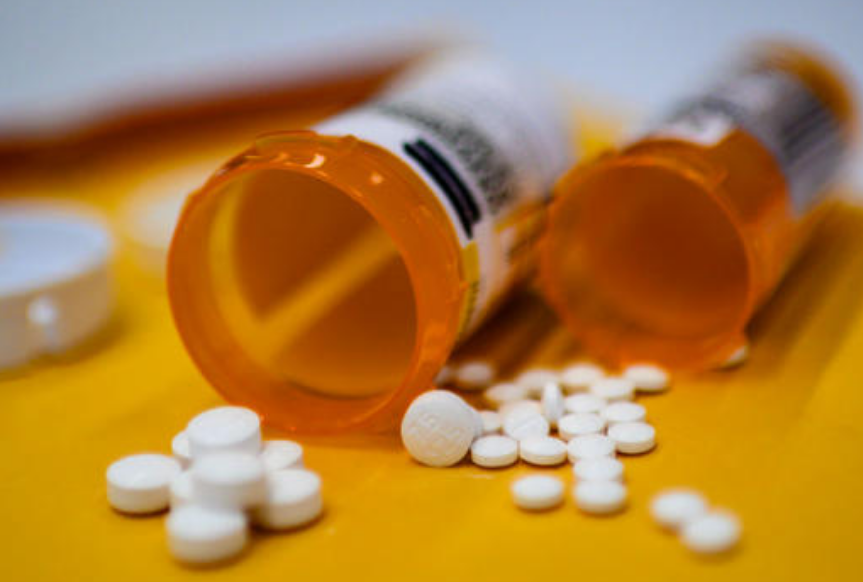Indigenous Peoples' Day is an important acknowledgment of the trauma suffered by our people, and it’s a time for us to address the ongoing injustices we face. We are witnessing the rape of our land, the murder of Indigenous women, the killing of our brothers and sisters – the grizzly bear and the wolf.

We face many of the same perpetuators of death and disease as past generations – lack of access to resources, drug trafficking, the poisoning of our water and soil – but with the added impact of climate change and deadly new drugs like fentanyl. We are twice as likely to die of an opioid overdose as non-natives, and the same drugs that poison our bodies pollute our lakes and wreak havoc on our communities.
Want more Native News? Get the free daily newsletter today.
So where do we start? How do we even begin to heal our bodies, our spirits, our sacred land?
We start in our homes. Prescription medications are a common gateway to harder drugs, so properly disposing of unused medications as soon as they are no longer needed can prevent them from being misused, stolen, or ending up in our water and soil.
“Indigenous communities often lack easy access to drug take-back sites but getting these leftover medications out of our homes is key to preventing misuse. Common disposal methods like flushing and tossing in the trash leaves these drugs in an abusable state, and study after study shows these powerful pharmaceuticals are increasingly present in lakes, streams and soil,” says Jason Sundby, CEO of Verde Environmental Technologies, Inc., creator of the Deterra® Drug Deactivation and Disposal System. “With at-home drug deactivation tools like Deterra, we can help prevent these social and environmental harms before they start.”
To heal from the trauma of the opioid crisis, we must protect our people and Mother Earth from the devastating impact of prescription drug misuse. Reclaiming our mental, physical and spiritual health starts with everyday actions as simple as having an honest conversation about substance abuse and making sure that drugs intended to relieve pain don’t contribute to more suffering.
We can restore ourselves and our communities, but we must act now. It is time to heal, for sacred Mother Earth has had enough death.
Tom Rodgers is an activist and advocate for Native Americans and tribal issues. He is the President of the Global Indigenous People’s Council and Founder/President of Carlyle Consulting.
More Stories Like This
Jesse Jackson Changed Politics for the BetterNative News Online at 15: Humble Beginnings, Unwavering Mission
From the Grassroots Up, We Are Strengthening the Cherokee Nation
Friday the 13th: When Superstition Proves More Powerful Than Law
Congress Must Impose Guardrails on Out-of-Control ICE
Help us defend tribal sovereignty.
At Native News Online, our mission is rooted in telling the stories that strengthen sovereignty and uplift Indigenous voices — not just at year’s end, but every single day.
Because of your generosity last year, we were able to keep our reporters on the ground in tribal communities, at national gatherings and in the halls of Congress — covering the issues that matter most to Indian Country: sovereignty, culture, education, health and economic opportunity.
That support sustained us through a tough year in 2025. Now, as we look to the year ahead, we need your help right now to ensure warrior journalism remains strong — reporting that defends tribal sovereignty, amplifies Native truth, and holds power accountable.
 The stakes couldn't be higher. Your support keeps Native voices heard, Native stories told and Native sovereignty defended.
The stakes couldn't be higher. Your support keeps Native voices heard, Native stories told and Native sovereignty defended.
Stand with Warrior Journalism today.
Levi Rickert (Potawatomi), Editor & Publisher
